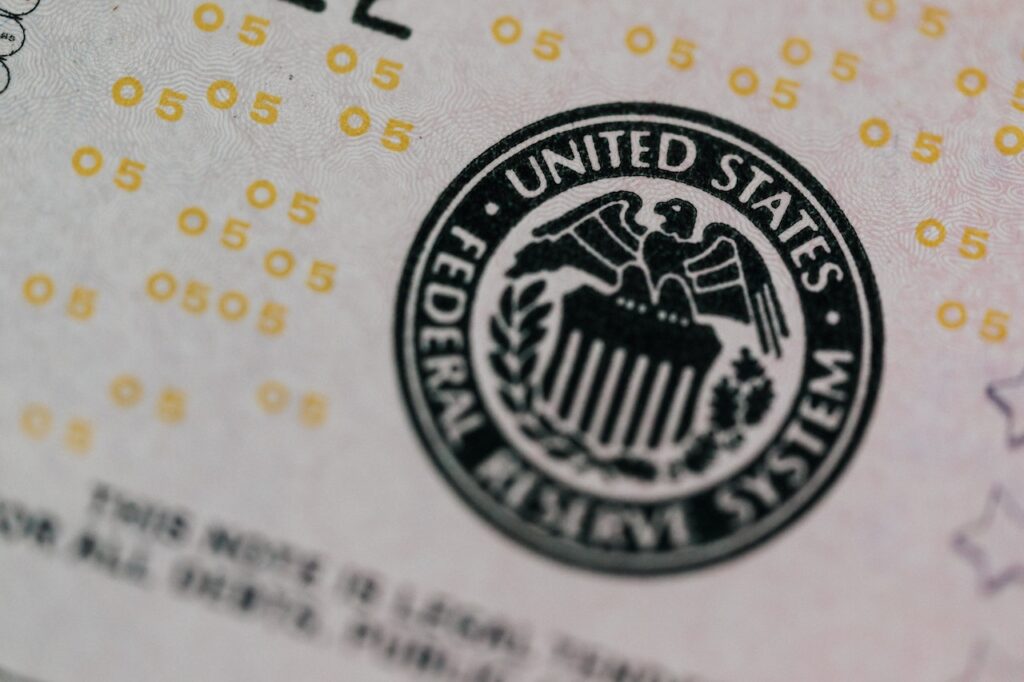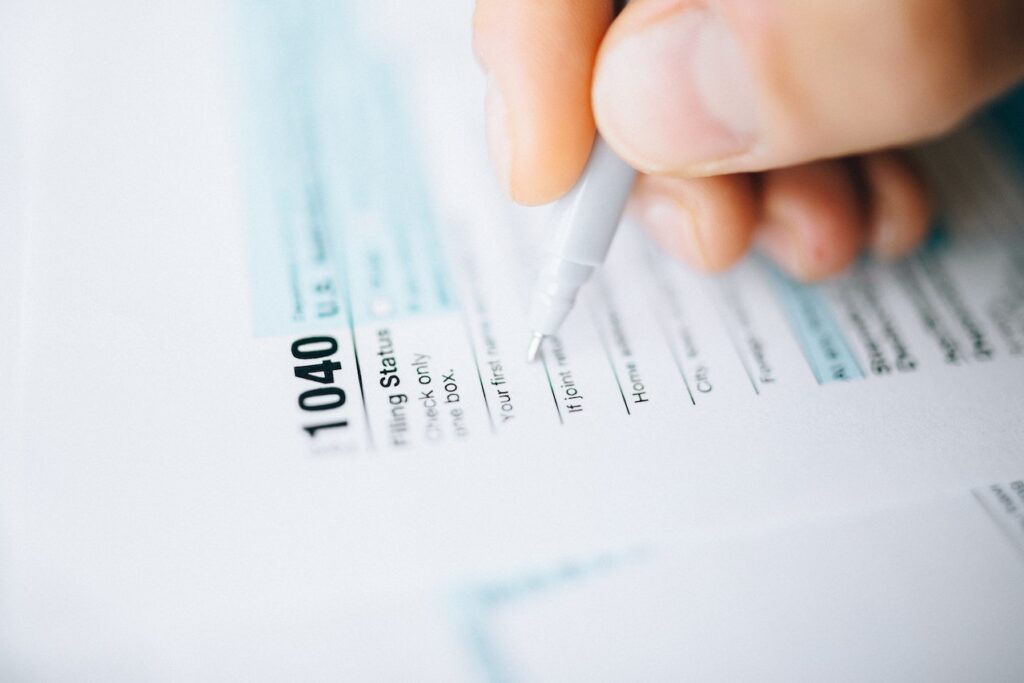
As a business owner, finding yourself in a precarious financial situation due to tax debt can be incredibly stressful. While bankruptcy might seem like a viable solution to alleviate this burden, it’s essential to understand the implications and explore other options before making such a critical decision.
In this blog post, we’ll examine five key factors to consider when determining whether bankruptcy is the appropriate solution for your business tax debt.
Evaluate If Your Business Qualifies for Debt Forgiveness
Before considering bankruptcy, it’s crucial to explore whether your business has qualified for an IRS debt forgiveness program, such as the Offer in Compromise (OIC) or the Fresh Start Initiative. These programs can significantly reduce or even eliminate your tax debt based on your financial situation and the specific circumstances of your case. If your business is eligible for one of these programs, bankruptcy might not be necessary. Consult with a tax professional to determine your eligibility and understand the application process.
Consider the Type of Taxes Owed
The type of taxes you owe plays a significant role in determining whether bankruptcy can provide relief for your business tax debt. Generally, income taxes can be discharged through bankruptcy if they meet specific criteria, such as being at least three years old and having been filed at least two years before filing for bankruptcy.
However, other types of taxes, such as payroll taxes and sales taxes, are typically non-dischargeable. Therefore, it’s essential to assess the nature of your tax debt to determine if bankruptcy is a feasible solution.
Assess the Impact on Your Business Operations
Filing for bankruptcy can have lasting consequences on your business operations. Depending on the bankruptcy chapter you file under, you may be required to liquidate your business assets, cease operations, or restructure your debts under court supervision.
Additionally, bankruptcy can significantly impact your business’s credit rating, making it challenging to secure financing in the future. Before pursuing bankruptcy, weigh the potential consequences against the benefits to ensure it’s the right decision for your business.
Evaluate Your Personal Liability

As a business owner, it’s crucial to consider the extent of your personal liability for your business tax debt. If you operate as a sole proprietor or have personally guaranteed your business debts, your personal assets could be at risk in bankruptcy. In such cases, filing for personal bankruptcy might be necessary to protect your assets.
However, if your business operates as a corporation or limited liability company (LLC), your personal assets are generally shielded from business debts, including tax debt. Evaluate your personal liability and consult with a bankruptcy attorney, such as those at Stone Rose Law, to determine the best course of action.
Explore Alternative Debt Relief Options

Before resorting to bankruptcy, it’s essential to investigate alternative debt relief options that could help alleviate your business tax debt. Some potential alternatives include:
a) Payment Plans
The IRS offers various payment plan options to help businesses pay their tax debt in more manageable installments. Assess your business’s financial situation and determine if a payment plan is a feasible solution.
b) Penalty Abatement
The IRS may grant penalty abatement in specific circumstances, such as reasonable cause or first-time penalty abatement. If your business tax debt includes significant penalties, explore the possibility of penalty abatement to reduce your overall debt.
c) Negotiating with the IRS
In some cases, you may be able to negotiate with the IRS to settle your tax debt for less than the full amount owed. Consult with a tax professional to determine if this option might be suitable for your business.
d) Business Debt Restructuring
If your business is facing financial difficulties beyond tax debt, consider working with a financial advisor to restructure your business debts and develop a plan for financial recovery.
In Conclusion
Bankruptcy can be a complex and impactful decision for any business owner facing tax debt. Before resorting to this drastic measure, it’s crucial to explore all available options, such as IRS debt forgiveness programs, and alternative debt relief solutions, and evaluate the type of taxes owed.
Additionally, assess the potential impact on your business operations and consider your personal liability for the tax debt.